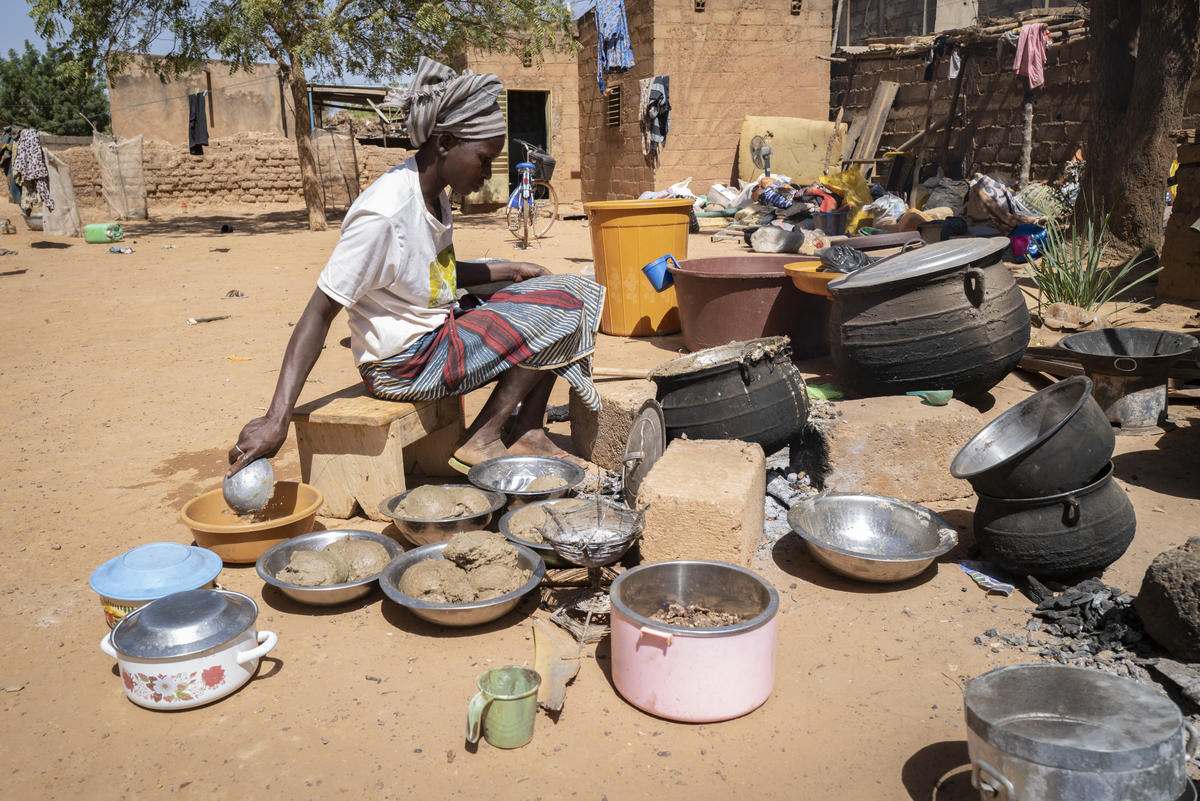Timor: repatriation programme at critical stage
Timor: repatriation programme at critical stage
The repatriation programme in East Timor has reached a critical stage that has resulted in a sharp drop in the number of returnees. Preliminary figures indicate only around 250 people joined the UNHCR-IOM convoys across three repatriation corridors to East Timor today - the lowest number of returnees since we began repatriation on October 8.
There are several outstanding issues. Unless these problems are resolved, we see only a handful of people going back in the coming days as conditions worsen in the camps. Those worsening conditions are resulting in more deaths.
A majority of the Timorese still in West Timor are militias and their families, as well as former or active members of the Indonesian army and a large number of civil servants and pro-integrationists. Their main concern is what will happen to them when they go back.
The arrest by the Interfet of two suspected militiamen two weeks ago and reports of harassment of returnees have caused apprehension among potential returnees. While Interfet says the two militiamen were in protective custody, few people are now returning to the Ambeno enclave where the arrests were made.
We are conducting discussions with authorities in West and East Timor to resolve questions of pensions, jobs and property rights.
While there has been no major security incident in West Timor, systematic intimidation continues. Militias in the Atambua area along the border with East Timor are threatening to take hostages from families going back. In the past two weeks, UNHCR has intervened in securing the release of a 16-year-old boy and a 50-year-old man kidnapped by militias in two separate incidents in Atambua. Motorcycle-riding militias follow UNHCR staff when they pick up returnees and are warning refugees against going back.
The onset of the rainy season has also made it difficult for UNHCR to go to remote encampments along the border to transport returnees.
A campaign of misinformation continues. For example, today, a local newspaper reported that four returnees were killed in a border town in East Timor. We sent a group of refugees and a priest to the area today to check the report, which proved untrue, but the damage has been done.
Today, we sent a group of West Timor refugees to Dili to look into conditions of return. This is part of our continuing information campaign. Next week, we hope to begin showing video clips of conditions in East Timor, if we are given a chance to do that. Access to camps remains limited and only when we have police and army escorts.
The problem is that as people remain undecided, conditions are deteriorating in the camps with the onset of the rainy season. Local provincial authorities reported that from November 22 to December 1 at least 35 people - 32 of them children under 5 - have died of various ailments, primarily diarrhoea and malaria at the Tua Pukan camp outside the West Timor capital of Kupang. Previously, authorities said that 140 people died at Tua Pukan over a three-month period.









